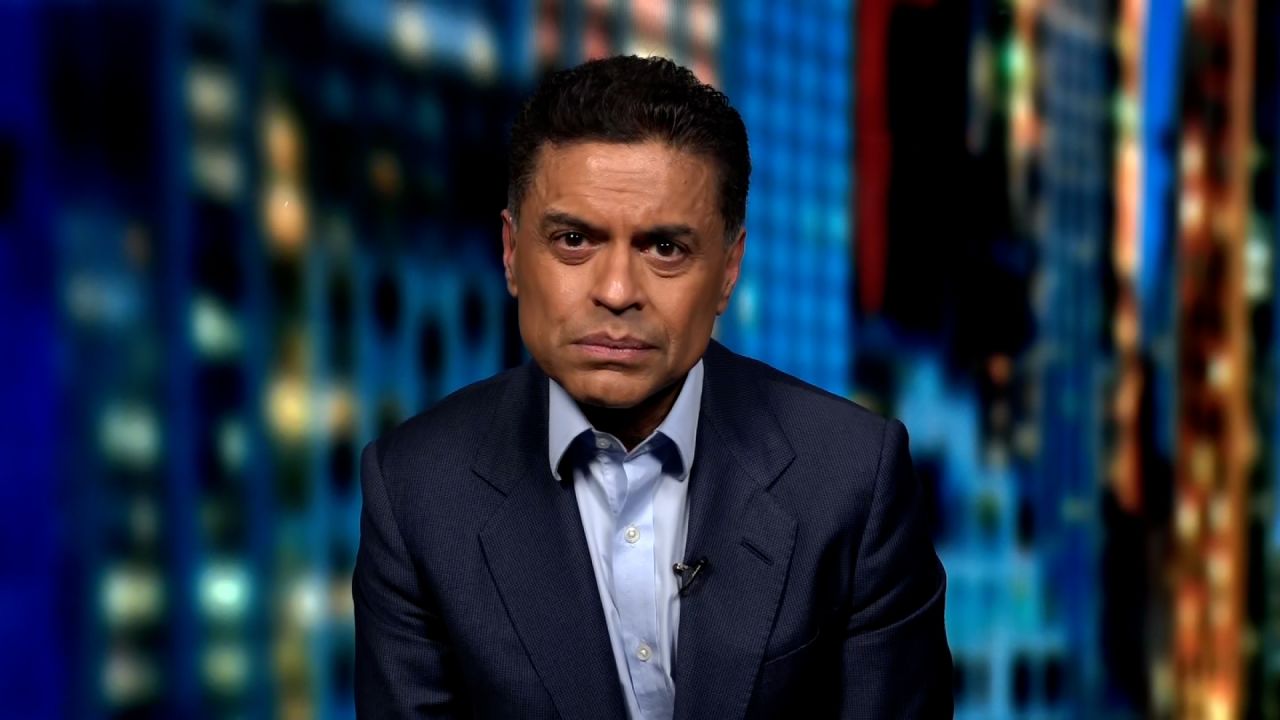It was Naim Qassim’s first speech as Hezbollah’s de facto leader.
The group’s deputy secretary general declared the structure of the organization intact despite the near mortal blows dealt by Israel to its military command and control. He vowed to continue to fight Israel and to follow the goals laid out by the late Secretary General Hassan Nasrallah. He said that the resolve of Hezbollah’s faithful was the lifeblood of the organization, which would be difficult to defeat.
“We are doing everything in our capacity to repair the assassinations in our rank with substitute rank,” he said. “Israel will not be able to reach our military capabilities.”
Qassim was trying to strike a defiant tone, seeking to defuse the specter of the organization’s rapid degradation. But the optics of the speech belied the messaging. For 18 years, Nasrallah delivered his speeches on a near-monthly basis from a TV studio, complete with a green screen with dates and graphics. Qassim’s address was a tight frame, with what appeared to be a wooden closet as his backdrop. His expressions were pained, and he sweated profusely.
In his final speech two weeks ago, Nasrallah, known by his friends and foes as a master orator, could barely disguise the setbacks that the group endured. He spoke candidly about Israel’s profound infiltration of the group’s ranks, which ultimately led to his killing and that of his top military brass in a huge Israeli airstrike earlier.
Qassim’s speech reinforced the idea of a once vaunted militant organization being driven deeper and deeper underground. Beyond the rhetoric about Hezbollah’s faith and resilience, he was scant on the details of how the group would come back from the setbacks. Nasrallah’s successor had not yet been named, he said.
The 71-year-old Shiite cleric also made no mention of the late Hezbollah leader’s funeral plans, another psychological blow to a group that holds the burial rites of those slain by Israel as sacrosanct.
In his final speech, Nasrallah tried to impress upon his followers that his group may have his lost a battle, but not the war. “In times of battle, one day the enemy takes from us, and the next we take from them,” he said.
Qassim and Hezbollah’s surviving leadership will seek to drive that point home, aiming to buoy hope and willpower even as the group’s muscular posture visibly diminishes.














































